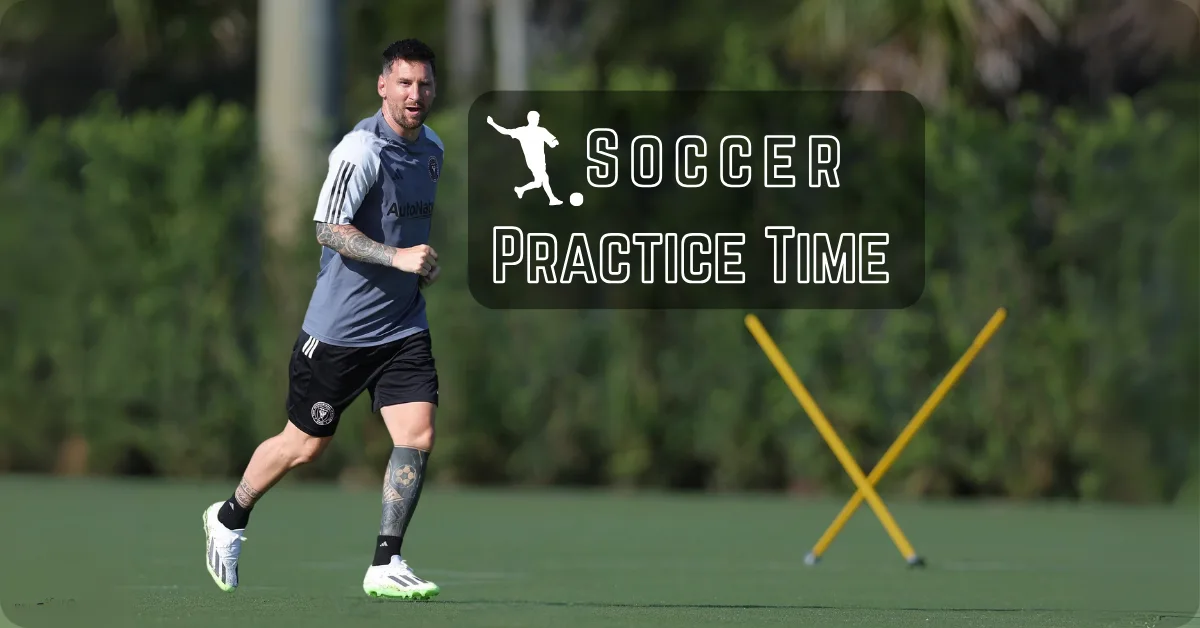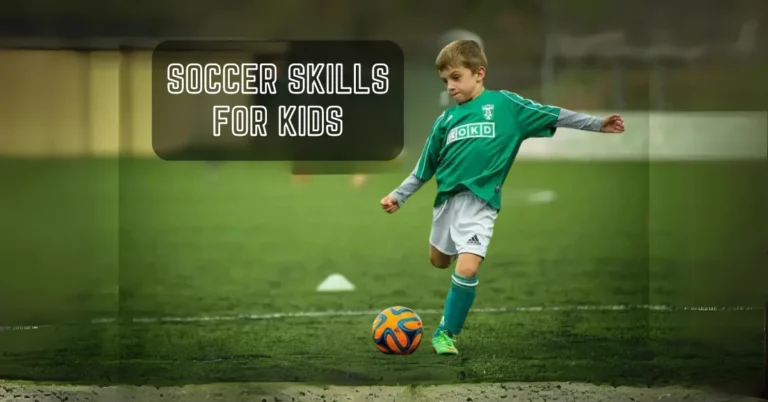Soccer Practice Time – When is the Best Time to Practice Soccer?
Soccer’s dynamic nature requires skillful players and strategic, well-planned practice sessions. Setting the best soccer practice time is the cornerstone of effective soccer practice. Coaching sessions should have clear goals and a well-planned warm-up to prepare players physically and emotionally for the challenges ahead.
Soccer Practice time
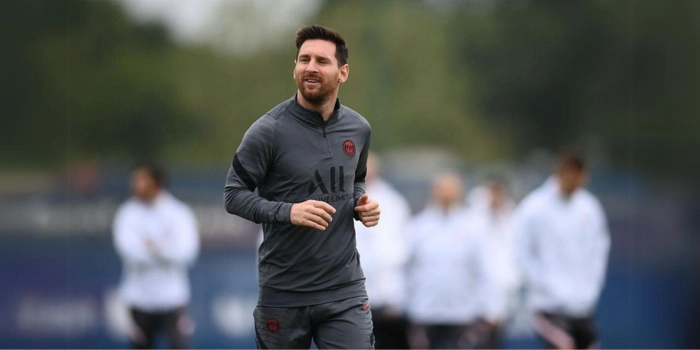
The optimal moment to practice soccer is when it is most convenient for you. Plan your workout for early in the morning, between 8 and 10 a.m., if you have commitments later in the day. Choose a start time between 3 and 5 p.m. if you have free time in the afternoon. By default, most team practices take place in the night.
When is the best time to practice soccer?
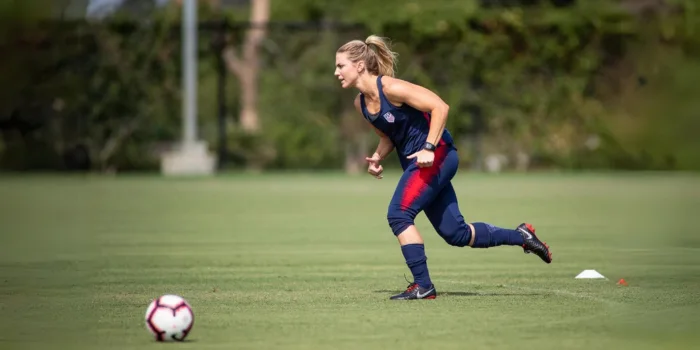
The best soccer practice time is between 8 and 10 a.m. or 3-5 p.m., depending on your schedule. Sessions in the early morning can increase energy levels for the remainder of the day and offer perfect temperatures. More people’s schedules allow for soccer practices in the late afternoon or early evening.
However, there are some general considerations to keep in mind when determining the optimal time for soccer practice:
Daylight Hours
Opt for practicing during daylight hours to ensure good visibility and reduce the risk of injuries. If you have to train in the evening, make sure the playing area is well-lit.
Weather Conditions
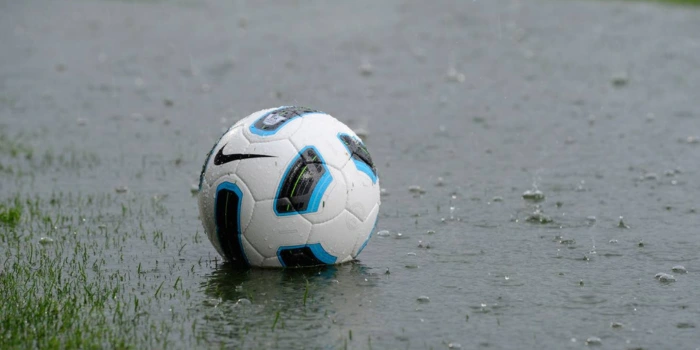
Choose a time when the weather is suitable for outdoor activities. Avoid extreme temperatures, heavy rain, or harsh weather conditions that may affect your performance or pose safety risks.
Consistency
Establish a consistent practice routine. Regular, structured training sessions are crucial for skill development and improvement. Whether it’s daily or several times a week, create a schedule that you can stick to.
Recovery Time
Allow for sufficient recovery time between practice sessions. Soccer involves physical exertion, and your body needs time to rest and recuperate to avoid burnout and injuries.
Personal Energy Levels
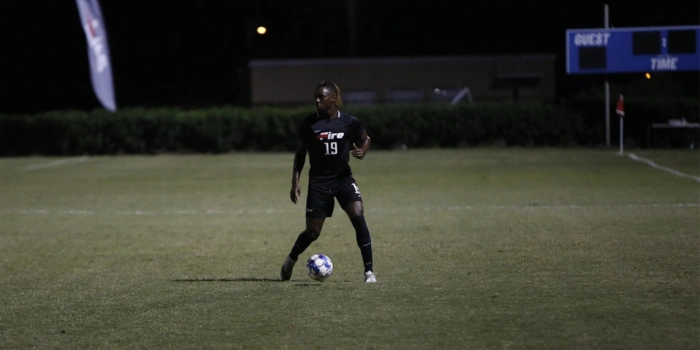
Consider your energy levels and preferences. Some people feel more energized and focused in the morning, while others may prefer afternoon or evening sessions. Choose a time that aligns with your peak energy levels.
Team Training Schedule
If you’re part of a team, coordinate with your teammates to find a time that works for everyone. Consistent team practice helps build cohesion and teamwork.
See Also Best Formations For 9v9 Soccer
How Long Should You Practice Soccer a Day?
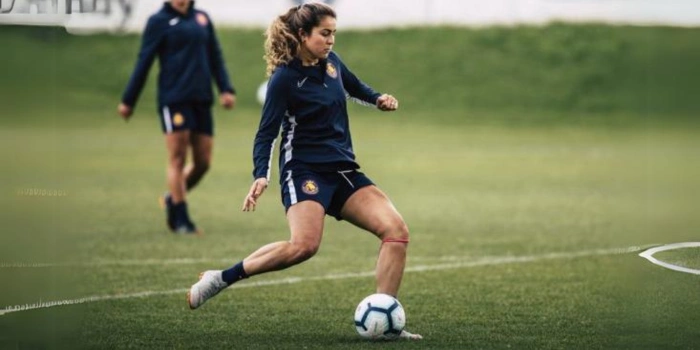
Both the player’s strength and their level of expertise are factors that determine how much practice they should do in a day.
For Young Players
As they begin to learn the game, young players should concentrate on having fun and progressively acquiring the fundamentals. A decent beginning point for this age group would be 30 to 60 minutes of soccer practice per day.
For Teen Agers
Aiming for 60 to 90 minutes of practice per day, teenagers who want to improve their soccer talents should do so. This length of time permits a more thorough approach that includes some gaming, skill drills, tactical exercises, and warm-ups. Exercises for strength and conditioning can also help with fitness development.
For Professionals and college players
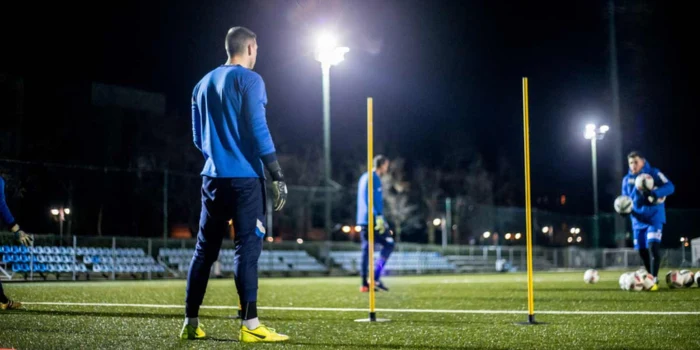
The training regimens of professional soccer players are more demanding and regimented. A normal practice session lasts two to four hours and consists of warm-ups, skill drills, tactical work, fitness, and match simulations. Professionals use sports psychologists, fitness instructors, and specialized coaches to perform better.
See Also Soccer Drills For Kids
How many days a week should you train for soccer?
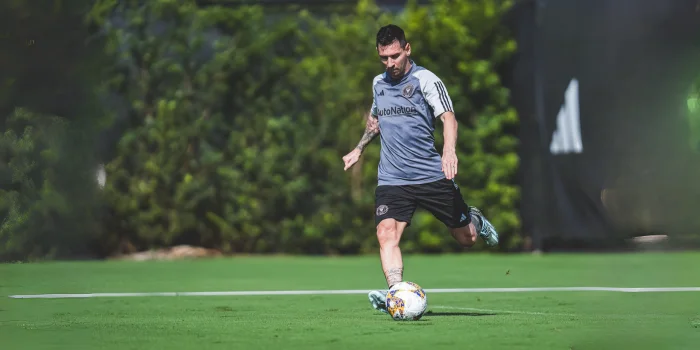
The frequency of soccer training in a week depends on various factors, including individual goals, age, skill level, and overall physical condition.
| Training Days Per Week | Player level |
|---|---|
| 2-3 Days | Youth Players (Under 12) |
| 3-4 Days | Teenagers (13-18) |
| 2-3 Days | Amateur/Recreational Adults |
| 4-5 Days | Serious Aspiring Players |
| 6 Days or Daily | Professional Players |
Should you train the day before a soccer game?
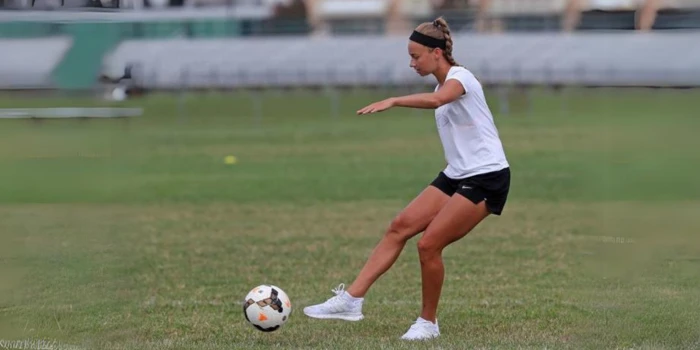
A short, technical, and tactical pre-game training session is recommended the day before a soccer game. This program reinforces skills, techniques, and teamwork without overexertion. Practicing set pieces and game-specific simulations prepares players for matches. Players must obtain enough sleep and hydration to recover.
See Also How Many Acres Is A Soccer Field?
3 Skills You Should Practice To Improve In Soccer?
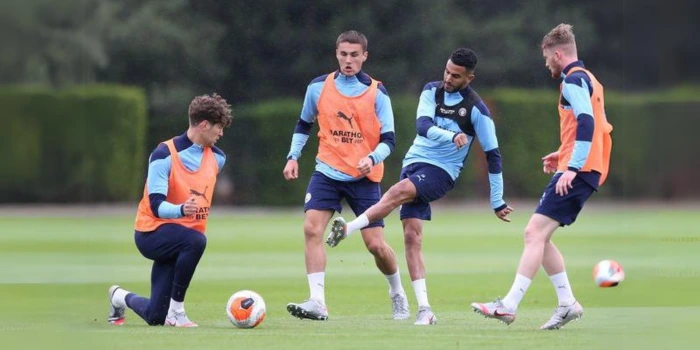
You should practice these three skills to improve your soccer skills.
| # | Skills | Description |
| 1. | Ball Control | Enhance your ability to receive, trap, and manipulate the ball with different parts of your feet. Practice dribbling in tight spaces to improve close ball control. |
| 2. | Passing and Receiving | Work on accurate passing and receiving skills. Practice short and long passes with both feet. Develop the ability to control and distribute the ball effectively under various game situations. |
| 3. | Shooting | Hone shooting technique for accuracy and power. Practice shooting with different parts of your foot and from various angles. Work on both stationary and dynamic shooting drills to improve goal-scoring capabilities. |
See Also Soccer Triangles
purpose of Soccer Practices.
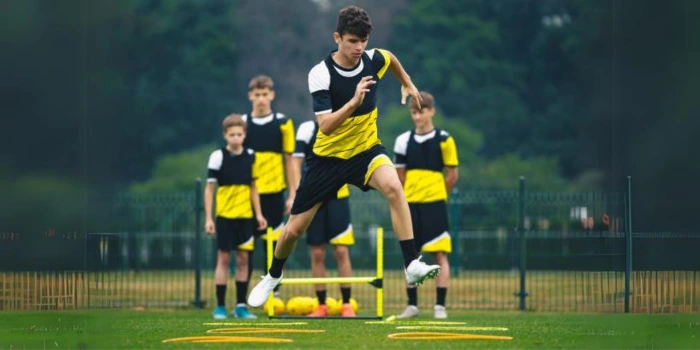
Soccer practices serve multiple purposes, including skill development in areas like passing and shooting, tactical understanding through strategic drills, and fitness improvement for endurance and agility. The sessions enhance game awareness, team cohesion, and goalkeeping skills, while also focusing on set-piece execution and quick decision-making.
How Do You Prepare For Soccer Practice?
Soccer practice preparation begins with defined goals and drills for team and individual requirements. Coaches should prepare cones and balls. Players should stay hydrated, warm up, and wear the correct gear to prepare physically. Players must visualize success and give their all during practice.
What To Do Before Soccer Practice?
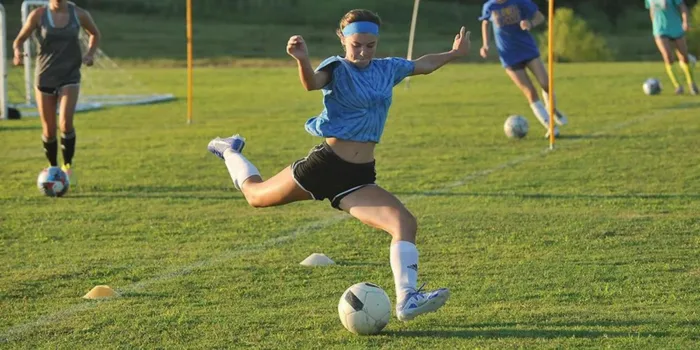
Before soccer practice, players should prepare mentally and physically. To avoid injuries, warm up, hydrate, and eat well to stay energized. Players should also check coach-provided pre-practice instructions and arrive on time with all equipment. Clear team and coaching staff communication sets a positive session tone.
What Should Soccer Practice Consist Of?
Activities for many areas of soccer should be part of practice. Skill workouts for passing, shooting, and ball control, tactical exercises for placement and teamwork, and fitness training for endurance and agility are included. Player development is enhanced by regular practice.
FAQs
Soccer practice typically involves drills, scrimmages, and tactical exercises to enhance individual and team performance.
Prepare for soccer by warming up, practicing ball control, and focusing on cardiovascular fitness through running and agility exercises.
Ease back into soccer by starting with light training, gradually increasing intensity, and focusing on improving stamina and skills over time.
Conclusion
Soccer practice time is a nuanced aspect that can significantly impact player development and team performance. Coaches have a lot of aspects to take into account, ranging from the psychological effects on players to outside variables like the weather. A successful soccer program is mostly attributed to a well-planned practice schedule that makes use of cutting-edge methods and technology.

